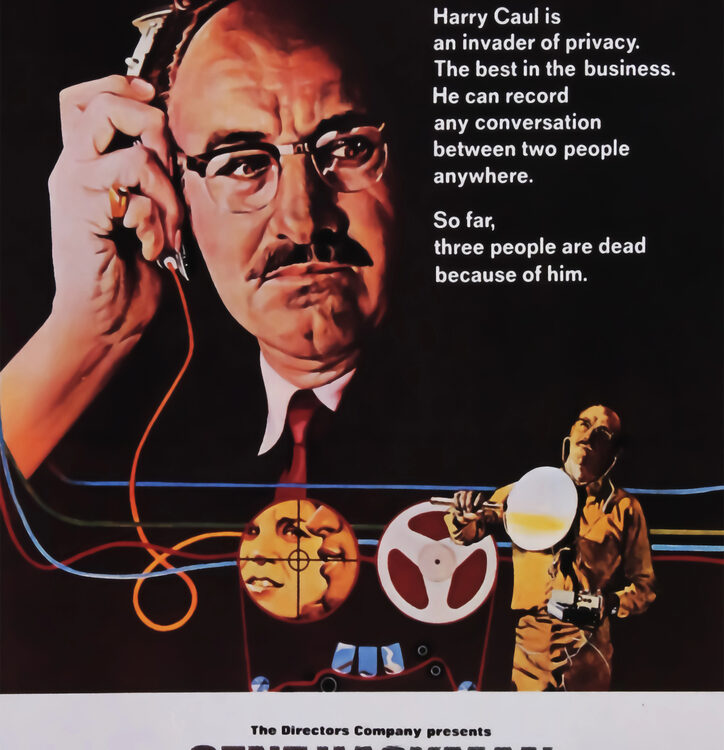
What Sinead O’Connor Told Her Kids To Do If She Was Ever Found Dead
August 25, 2023
Sibling Feuds Brew After the Passing of Billionaire Mohamed Al Fayed
September 19, 2023Finding cash stuffed into a piano may seem like an unlikely way to make some extra money. The same is true with finding items like meteorites or gold coins. What you might not know about these unusual windfalls is that they’re still considered to be taxable income. That’s right, the tax man still wants his piece of the unique and valuable items you found, or the extra money in that old chest you bought at an auction.
Legally, any of these kinds of findings have to be reported as income. This rule extends to game-show winnings and home-run baseballs, too. Basically, if you got something unexpected, and it has value, you’re supposed to pay taxes on that value. The origins of this rule go back to a case in the 1960s, where someone actually found cash inside an old piano. It was determined that taxes had to be paid on the cash, even though it was a random finding and not earned.
The rule states that any significant gains or findings are reportable and taxable, and if you’re in this kind of situation the first question to ask is what counts as significant? Working with a tax professional might be necessary to avoid breaking any tax laws and still minimize what you’re having to pay on something you may have even intended to find or own.
Ownership is another question. If the property is yours, that starts the clock, and it’s taxable for you. If it’s not necessarily yours, and you’re holding it while you’re trying to find the rightful owner, then it’s not a taxable scenario. The property doesn’t belong to you and never did, so you shouldn’t be taxed on it. Just be sure to keep good records.
The found property (including cash) is listed as “miscellaneous income” on a tax return, because it’s not earned income from a job or business ownership. The tax is also two-fold. There’s a tax on the property when it’s acquired, and a tax on the profit when (if) it’s sold in the future.
Your estate planning attorney may be able to provide information, recommendations, guidance, and assistance on miscellaneous income, making you aware of potential tax considerations with various decisions and ensuring that each piece of your estate functions the way you intend. To learn more, contact The Estate Planning & Legacy Law Center today!




